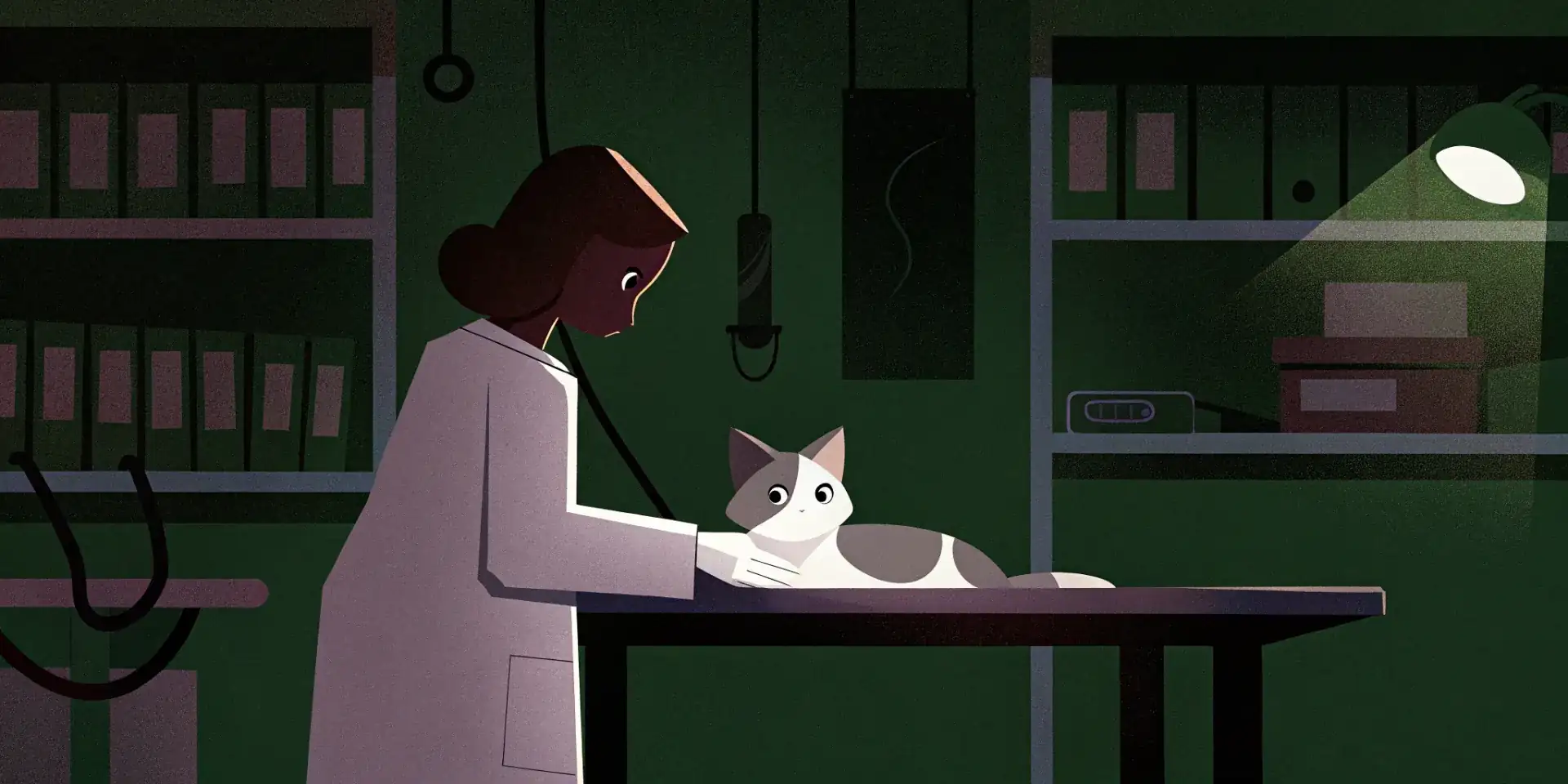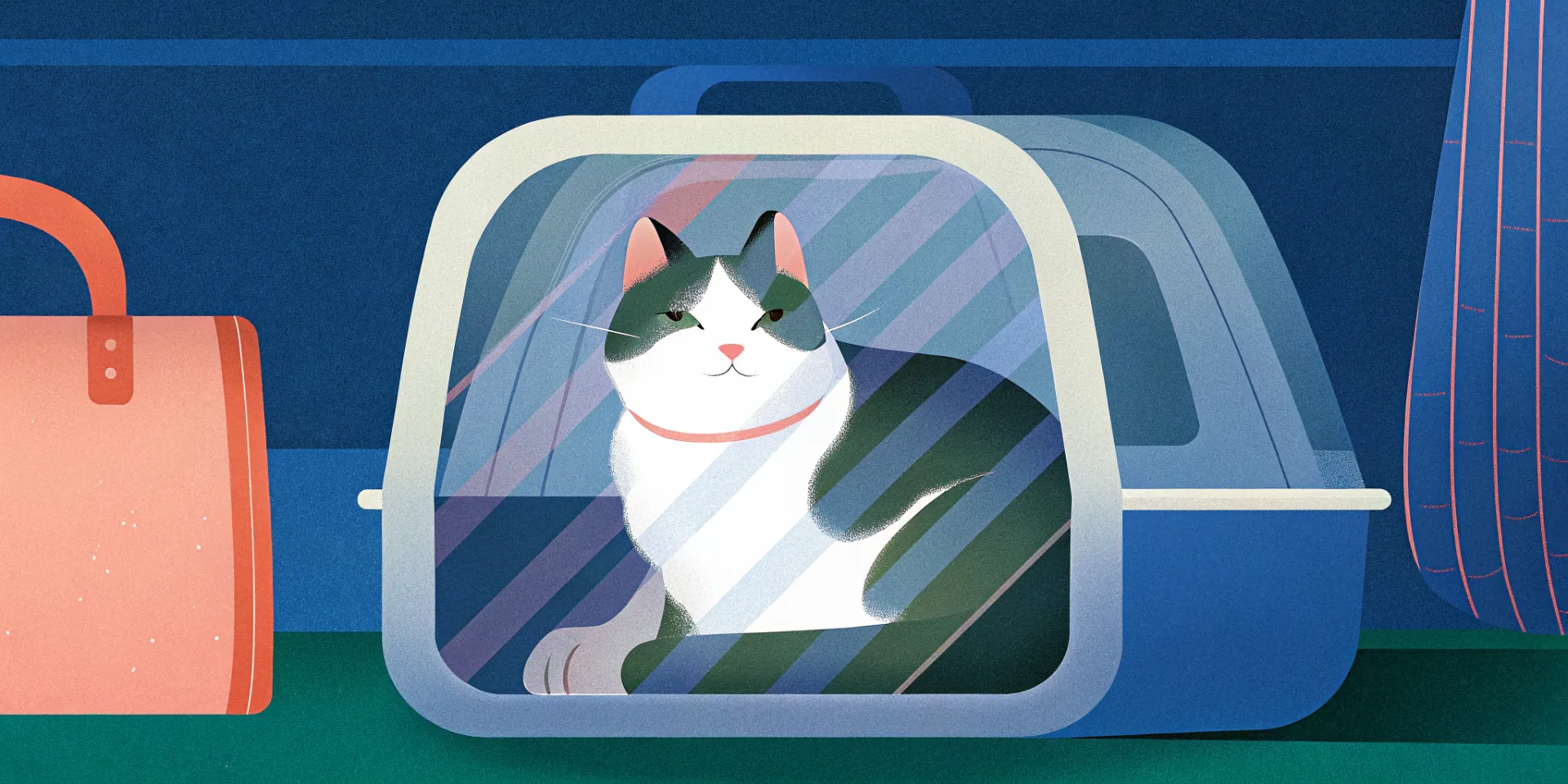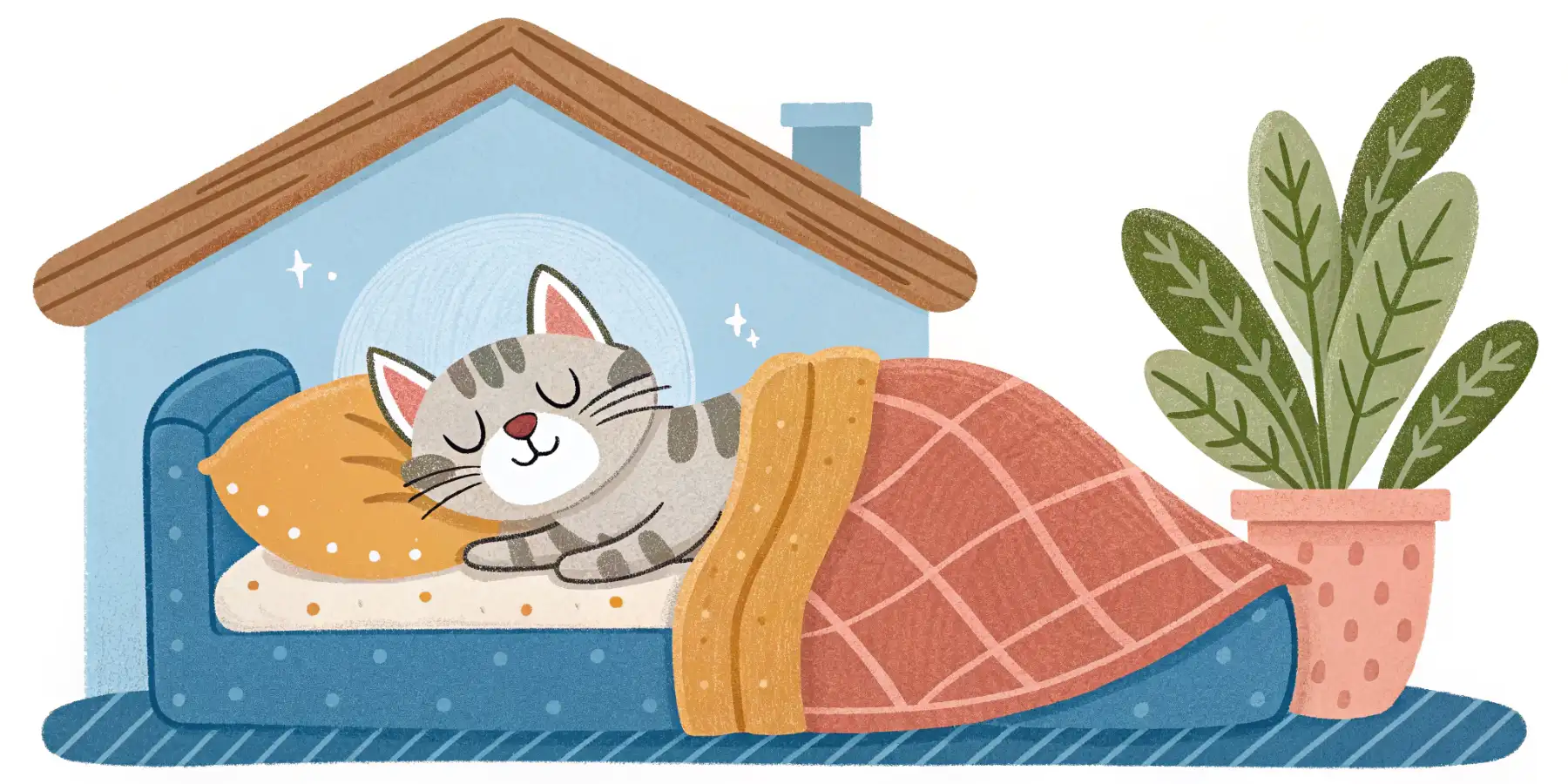
Healthy Cat, Happy Life: Vet Visits Matter!
Healthy cat, happy life! ❤️ Don't skip those annual vet visits! Early detection is key for your cat's health & preventative care.
Annual Vet Visits for Cats: The Importance of Preventative Care
As a cat owner, you want the best for your feline friend. You provide them with nutritious food, stimulating toys, and, of course, endless cuddles. But are you also keeping up with their preventive healthcare? Regular annual vet visits for your cat are crucial for maintaining their health and well-being, allowing for early detection of potential problems. In my experience, many health issues in cats can be managed much more effectively if caught early, leading to a better quality of life and potentially saving you money in the long run. This blog post will delve into the importance of these annual check-ups, explaining what to expect and why they are so vital for your cat’s health.
Why Annual Check-Ups Are Essential
Cats are masters of disguise when it comes to illness. They often hide symptoms until a condition becomes quite advanced. An annual vet visit provides a valuable opportunity for a trained professional to assess your cat’s overall health, even when they seem perfectly fine. These visits go beyond simply checking vital signs. They involve a comprehensive physical exam, discussion of your cat’s lifestyle, and personalized recommendations for maintaining their health. Think of it as preventative maintenance for your feline companion.
Early Detection is Key:
One of the biggest benefits of annual vet visits is the early detection of potential health problems. Conditions like kidney disease, diabetes, and heart disease are common in older cats but can be difficult to spot in their early stages. A yearly exam, coupled with bloodwork and other diagnostic tests, can help identify these issues before they become severe, allowing for timely treatment and management. Detecting these diseases early dramatically improves treatment outcomes and can extend your cat’s lifespan.
Personalized Preventative Care:
Each cat is unique, and their healthcare needs vary depending on their age, breed, lifestyle, and environment. During an annual vet visit, your veterinarian can tailor a preventative care plan specifically for your cat. This may include:
- Vaccinations: Keeping your cat up-to-date on their vaccinations protects them from serious and potentially fatal diseases like rabies, feline leukemia virus (FeLV), and feline herpesvirus.
- Parasite Prevention: Preventing and controlling parasites like fleas, ticks, heartworms, and intestinal worms is crucial for your cat’s health and comfort. Your veterinarian can recommend the most effective preventative medications for your cat’s specific needs. In my opinion, consistent parasite control is one of the easiest and most effective ways to improve your cat’s overall health.
- Dental Care: Dental disease is incredibly common in cats and can lead to pain, infection, and other health problems. Your veterinarian can assess your cat’s dental health and recommend appropriate dental care, such as professional cleanings or at-home dental hygiene practices. I believe that regular dental care is often overlooked, but it’s an essential part of maintaining your cat’s well-being.
- Nutritional Guidance: Your veterinarian can provide guidance on the best diet for your cat based on their age, weight, and health status. They can also help you address any weight management concerns.

A veterinarian carefully examines a cat’s ears during an annual check-up, highlighting the importance of thorough physical examinations.
What to Expect During an Annual Vet Visit
The annual vet visit typically begins with a discussion of your cat’s history and any concerns you may have. The veterinarian will then perform a thorough physical exam, which may include:
- Checking Vital Signs: Measuring your cat’s temperature, heart rate, and respiratory rate.
- Examining Eyes, Ears, and Nose: Looking for any signs of infection, inflammation, or abnormalities.
- Palpating the Abdomen: Feeling for any masses, enlarged organs, or pain.
- Assessing Skin and Coat: Checking for fleas, ticks, skin infections, or other skin problems.
- Evaluating Musculoskeletal System: Checking for any signs of lameness, arthritis, or other joint problems.
- Listening to Heart and Lungs: Detecting any murmurs, abnormal heart sounds, or respiratory issues.
Diagnostic Testing:
Depending on your cat’s age, health status, and the veterinarian’s findings during the physical exam, they may recommend additional diagnostic testing, such as:
- Bloodwork: A complete blood count (CBC) and serum chemistry profile can help assess organ function and detect underlying diseases.
- Urinalysis: A urine sample can help detect kidney disease, urinary tract infections, and diabetes.
- Fecal Examination: Checking for intestinal parasites.
- Feline leukemia virus (FeLV) and feline immunodeficiency virus (FIV) testing: Especially important for kittens and cats with unknown histories.
Long-tail keyword inclusion: “affordable cat vaccinations near me” - While not directly offered by all clinics, discussing vaccination schedules and options with your vet can help determine the most cost-effective and appropriate plan for your cat, potentially leading you to more affordable cat vaccinations near me.
Addressing Common Concerns
Many cat owners worry about the stress that vet visits can cause their feline companions. Here are some tips to make the experience less stressful for both you and your cat:
- Acclimate your cat to their carrier: Leave the carrier out in a familiar area of your home with comfortable bedding inside. Reward your cat for going inside with treats and praise.
- Use pheromone sprays: Feliway is a synthetic feline pheromone that can help reduce anxiety. Spray it in the carrier and in your car before the visit.
- Bring your cat’s favorite toys or treats: This can help distract them and create a more positive association with the vet visit.
- Talk to your veterinarian about pre-visit sedation: In some cases, your veterinarian may recommend a mild sedative to help your cat relax during the visit.

A cat sits calmly in its carrier, demonstrating the benefits of carrier acclimation for reducing stress during vet visits.
The Cost of Preventative Care vs. Treatment
While annual vet visits do involve a cost, it’s important to consider the long-term financial benefits. Early detection and preventative care can often save you money in the long run by preventing costly treatments for advanced diseases. For example, managing kidney disease in its early stages can be significantly less expensive and more effective than treating it when it has progressed to kidney failure. Investing in your cat’s preventative healthcare is an investment in their long-term health and well-being.
Furthermore, many veterinary clinics offer wellness plans that bundle preventative care services at a discounted rate. These plans can make annual vet visits more affordable and predictable. Be sure to ask your veterinarian about available wellness plans.
A Final Thought
Annual vet visits are an essential part of responsible cat ownership. They provide an opportunity for early detection of health problems, personalized preventative care, and peace of mind. By prioritizing your cat’s preventative healthcare, you can help them live a long, healthy, and happy life.

A happy and healthy cat, a testament to the benefits of consistent preventative veterinary care.


